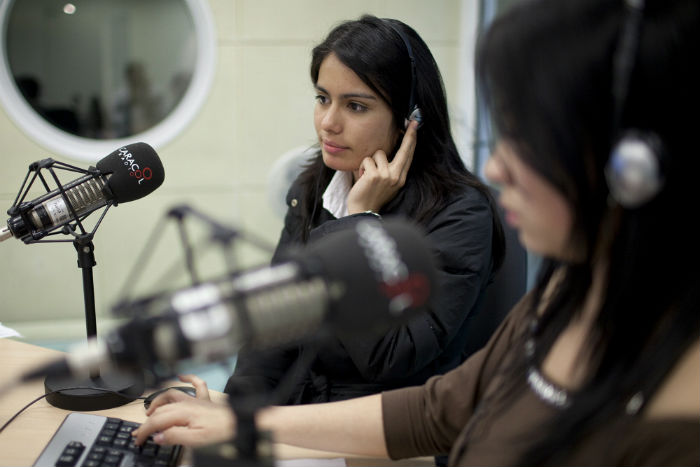By: Imogen Mathers
Send to a friend
The details you provide on this page will not be used to send unsolicited email, and will not be sold to a 3rd party. See privacy policy.
If you are unable to listen to this audio, please update your browser or go here to download.
The Zika crisis unfolding in Latin America calls for the lessons learnt from the Ebola epidemic to be put into practice.
When it comes to field response, aid agencies must recognise the importance of culturally sensitive public health information delivered by trusted messengers.
Anne Bennett is the director of Hirondelle USA, a non-profit organisation that supports radio development in countries emerging from conflict or facing humanitarian crises.
In this audio interview, she says that “top-down messages with a government stamp” often lack credibility in public health crises because they show a poor understanding of the everyday challenges people face.
Take the directive from five Latin American governments telling women to avoid getting pregnant for two years, for example. “While that message might be sound biomedical advice,” Bennett says, “it’s entirely impractical for most women, especially women from vulnerable communities who don’t have access to family planning … and [where] there are high levels of sexual violence.”
This is where community radio stations can step in, Bennett says. These stations are “trusted agents”, ideally placed to deliver information in local languages that takes into account both public health guidelines and cultural realities.
The interview was recorded at the World Radio Day 2016 celebrations organised by SOAS Radio and the Communication for Development Network at SOAS, University of London, United Kingdom, on 15 February.














